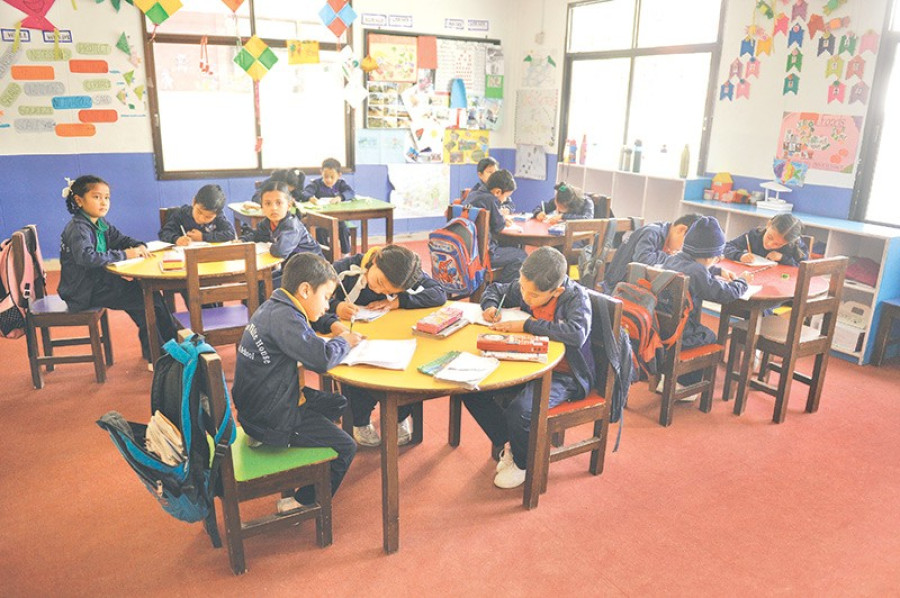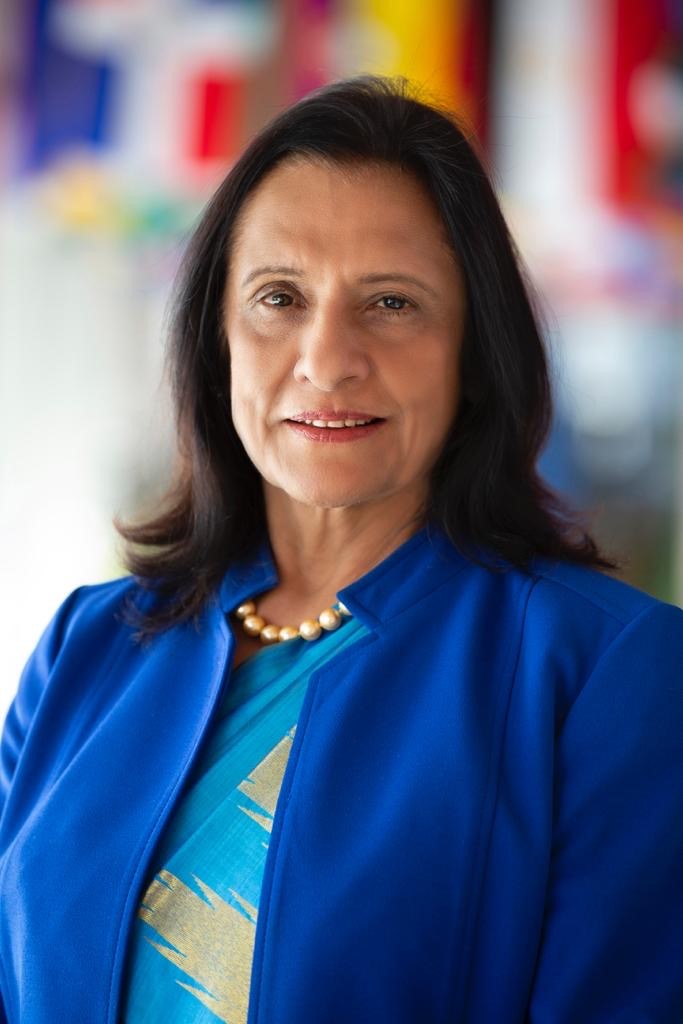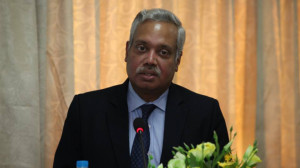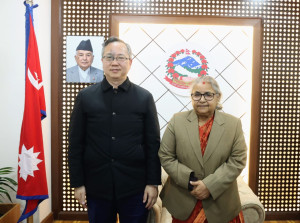Sat, Dec 20, 2025
National
Growing strong
Investing in children’s growth will advance health and development. Doing so must be a priority
bookmark
Poonam Khetrapal Singh
Published at : December 11, 2018
Updated at : December 11, 2018 10:44
Early childhood is arguably the most crucial stage of life. Brains develop and bodies grow. Likewise, social skills are learnt, and character is built. So important are the early stages of life that they can define a person’s future, from the likelihood of lifelong health to outcomes in cognitive and physical ability. This in turn affects the prospect of living a full and productive life and making a positive contribution to society. Accelerating region-wide health and development is therefore incumbent on investing in early childhood and ensuring each and every child gets the best start possible.
The potential to do so is clear. In recent years, WHO South-East Asia’s Member States have made dramatic progress in reducing child mortality. Between 1990 and 2017, for example, under-5 mortality was slashed by70 percent. Neonatal mortality declined by 60 percent. Last year alone, 3.5 million more children under-5—including 1.3 million newborns—survived as compared to 1990, with almost all Member States achieving the Millennium Development Goal on reducing child mortality. Commendably, four Member Stateshave already met the global Sustainable Development Goal (SDG) targeton under-five mortality. These outcomes are in keeping with the Region’s Flagship Priority of ending preventable maternal, newborn and child deaths.
As Member Statessustain this progress, the need to invest additional resources in early childhood development (ECD) must be grasped.At the same time as enhancing health equity, research shows that for every dollar spent on ECD the return can be as high as 13 times, due in large part to ECD’s capacity to help overcome the effects of stunting (which 37 percent of children in the Region suffer), and other early childhood adversities that can cause poor development, mental health problems, obesity and heart disease among other conditions.
Though enhancing ECD requires action across multiple areas of government, including the education and nutrition sectors, the health sector has a crucial role to play, especially from conception to the age of three, which is the critical period for brain development. As outlined in the recently developed global framework on ‘Nurturing Care for Early Childhood Development’, in addition to the Region’s own strategic framework, there are several steps countries can take to advance ECD’s game-changing potential and provide the responsive care needed.
First,high-level political leadership and buy-in must be secured. Doing sois fundamental to ensuringimpactful policies to advance ECD are devised and then implemented at the grassroots, including at primary health care centers. It is also fundamental to ensuring underprivileged or at-risk populations are targeted as a priority.Importantly,adequate funding must be allocated to programmes aimed at enhancing ECD, andmust be provided on an ongoing, long-term basis. ‘Equity from the start’ must be more than a mantra.
Second, concerted efforts should be made to fortify and scale up interventions, starting from the antenatal period, as part of a broader focus onfrontline care. Community health and nutrition workers are crucial to promoting ECD, at the same time as providing ongoinghealth services for newborns and children, including necessary vaccines,monitoring weight and growth and providing appropriate care where needed. As part of this, the promotion of breastfeeding is vital. Breastfeeding is, after all, proven to provide the strongest foundation for lifelong health and optimal nutrition. It should be encouraged, along with complementary feeding beyond the age of six months.
Third, families should be supported to boost ECD themselves. In the early years of life, parents (whether working or stay-at-home), close family members and caregivers are the best providers of nurturing care, including by giving love, promoting bonding and attachment, and stimulating their newborns and children through age-appropriate activities. Making families aware that simple play and communication for at least one hour a day has the power to shape a child’s destiny should be a priority among policymakers, with effective communication strategieskey to achieving this outcome, alongside continued investment in maternal health.
The future looks increasingly bright. Region-wide, the quest to accelerate progress in ECD is growing stronger by the day. That quest must continue. It must also be scaled up. ECD’s capacity to revolutionise health and development in the space of just one birth cohort must be fully comprehended and leveraged by both high-level political leaders and citizens alike. Should this happen, and should decisive action be taken, the future will not only be ours; it will be every generation’s to come.
Singh is the Regional Director World Health Organization South-East Asia.
Most Read from National
Editor's Picks
E-PAPER | December 20, 2025
×




 15.12°C Kathmandu
15.12°C Kathmandu















